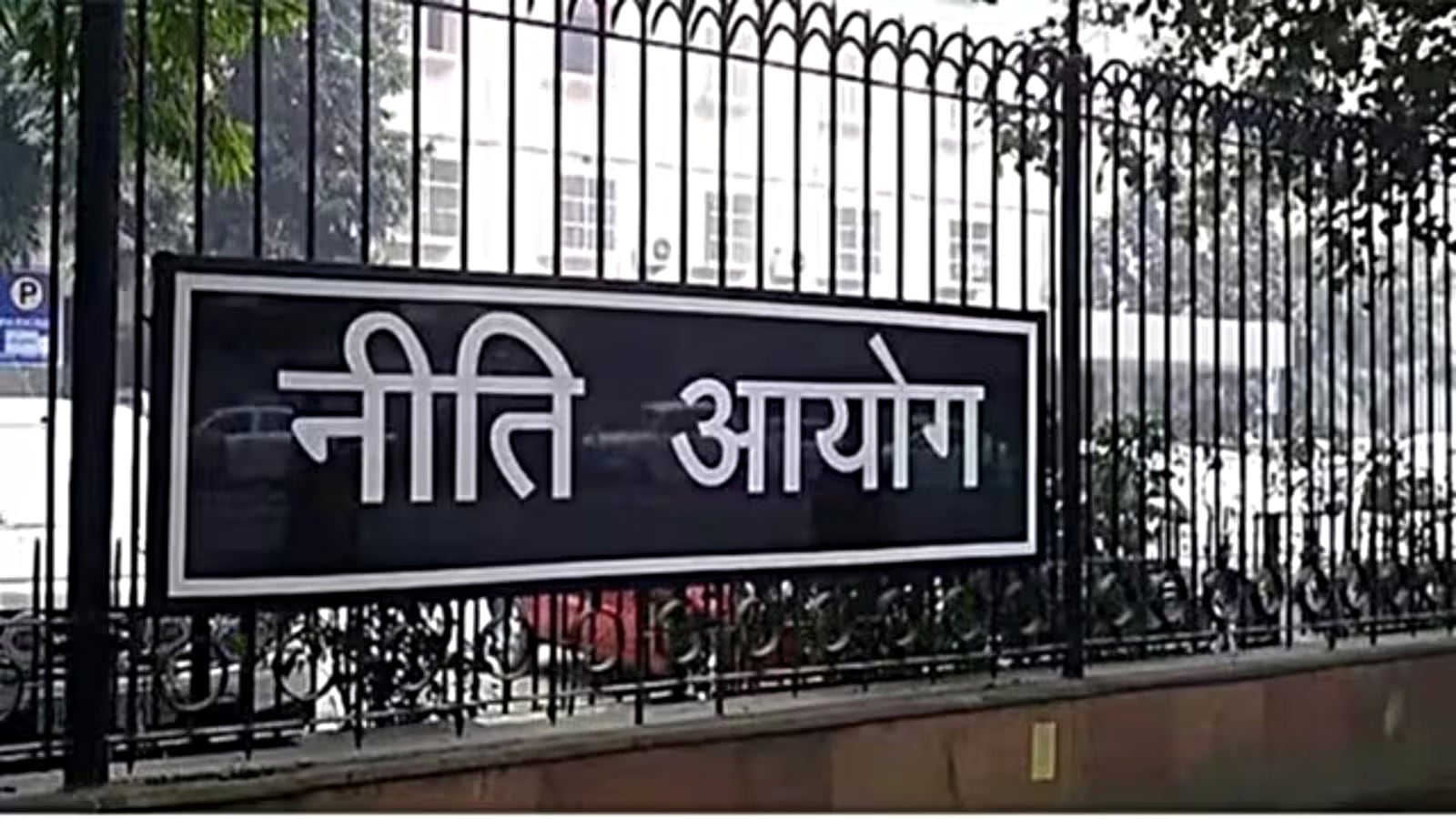A new report by NITI Aayog has proposed a concessional loan scheme for India’s medium-sized enterprises, arguing that these firms face higher capital costs than both large and small companies.
The report titled ‘Designing a Policy for Medium Enterprises’ released Monday also called for streamlining research and development (R&D) efforts and expanding cluster-based quality testing to help medium firms scale and become more export-competitive.
The latest push to support medium-sized firms with cheaper credit comes after the definition of ‘medium’ was broadened in the Union Budget 2025. Until April 1, medium enterprises were defined as those with a turnover between Rs 50–250 crore and investment of Rs 10–50 crore in plant and machinery. The revised thresholds—Rs 100–500 crore in turnover and Rs 25–125 crore in investment—have expanded the category to cover more firms.
Credit scheme under MSME Ministry
“Medium Enterprises receive much lesser priority sector loans, compared to micro enterprises. Additionally, the interest rates for Medium Enterprises are on average 4% higher than for larger firms, making capital more expensive,” the report said.
It proposed a dedicated financing scheme under the Ministry of Micro, Small, and Medium Enterprises (MSME) to allow medium firms to avail loans at concessional rates, capped at Rs 25 crore, with a maximum of Rs 5 crore per request. The report also suggested launching a medium enterprise credit card with a pre-approved limit of up to Rs 5 crore at interest rates aligned with market rates.
From over 6 crore registered MSMEs in India, medium enterprises are only 0.3 per cent, the report said. However, average employment per entity is significantly higher amongst medium firms at 89 people, compared to 19 for small and 6 for micro. Medium firms also account for 81 per cent of all MSME investment in R&D.
R&D push and testing support for medium firms
To boost R&D, the report recommended reserving 25-30 per cent of the Self-Reliant India (SRI) Fund for exclusively financing projects by medium firms. The SRI Fund has an allocated of Rs 10,000 crore from the Centre and Rs 40,000 crore from private equity. Since its launch in 2021, a total of Rs 4,885 crore has been invested in MSMEs.
Story continues below this ad
“Adopt EU type funding mechanism in which the government after due process will identify a set of major R&D gaps and invite proposal from the Medium Enterprises to bridge those gaps,” it also said.
On quality testing, the report noted key challenges faced by medium enterprises. “Limited access to affordable, sector-specific testing facilities forces them to rely on distant or private testing centres, increasing operational costs, certification delays, and barriers to global market entry,” it said.
It recommended extending the Micro & Small Enterprises Cluster Development Programme (MSE-CDP)—which, among other benefits, provides access to shared testing infrastructure—to medium enterprises as well.
Formal employment key for skilling
At the report launch, NITI Aayog’s Vice Chairperson Suman Bery said focussing on skilling and medium enterprises together is crucial. “On the labour market side, we need to make the transition from informal employment, which is typically associated with micro and small enterprises, to formal employment, associated with the medium enterprise sector. It is with formal employment that firms get an incentive to invest in the training of their workforce,” Berry said.
Story continues below this ad
The report by India’s apex public policy think tank noted that the availability of skilled labour in India stands at 55 per cent, compared to 88 per cent in South Korea, 85 per cent in the United States, and 81 per cent in Japan.
The report recommended real-time skill mapping via the MSME Sampark Portal, expanding skill development schemes like the Entrepreneurship and Skill Development Programme (ESDP), and introducing subsidized, customized training programmes aligned with technology trends.


